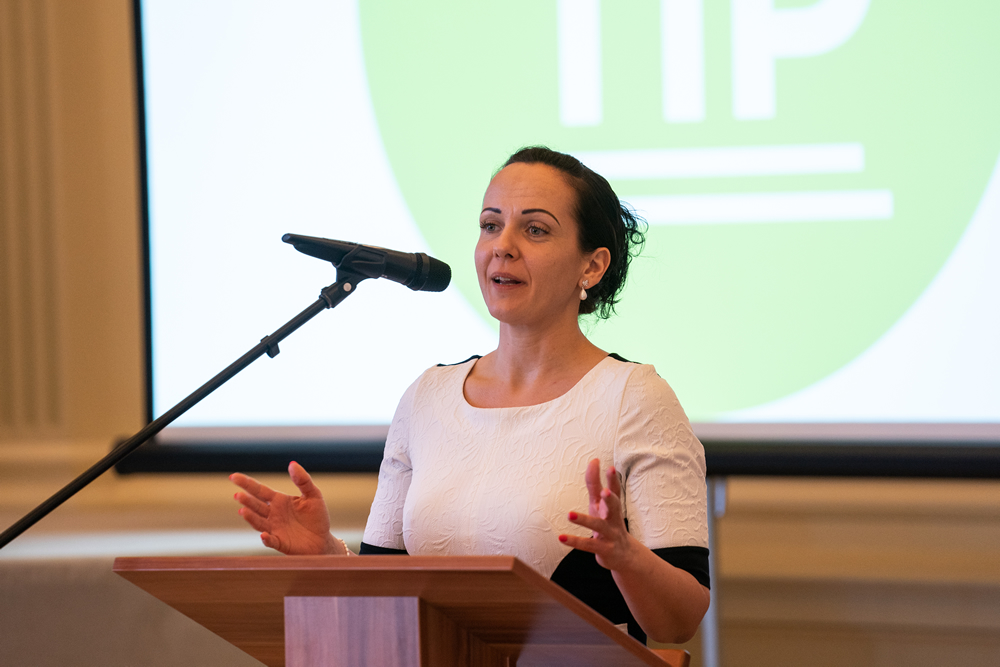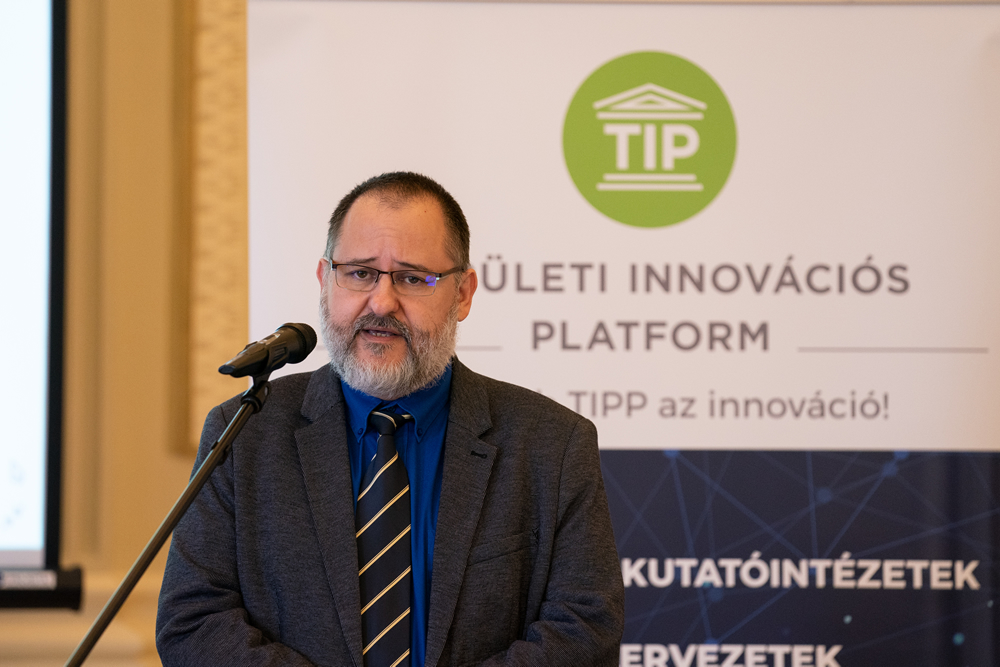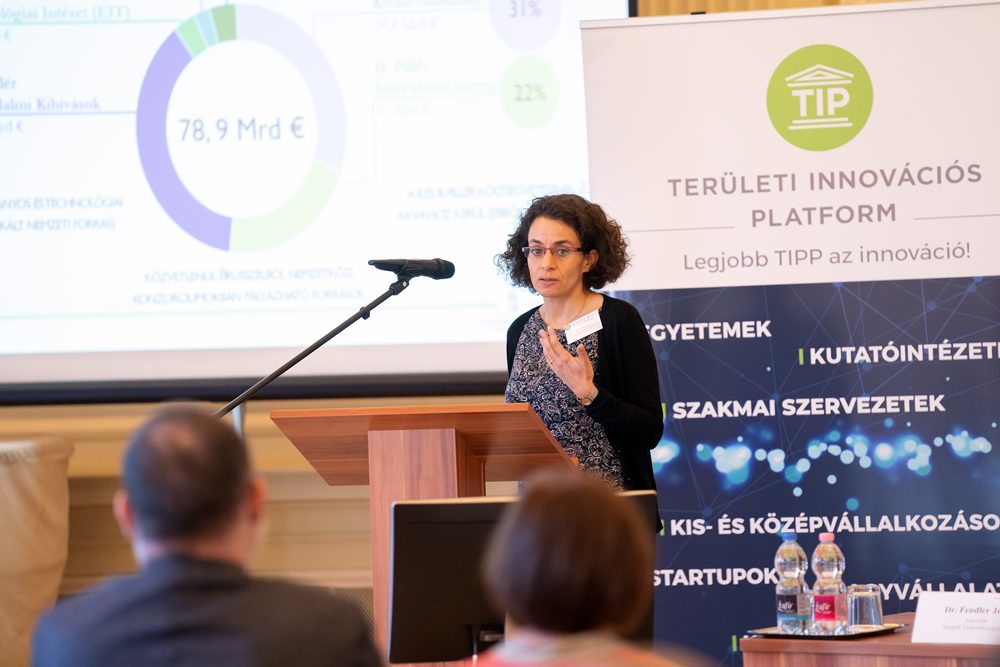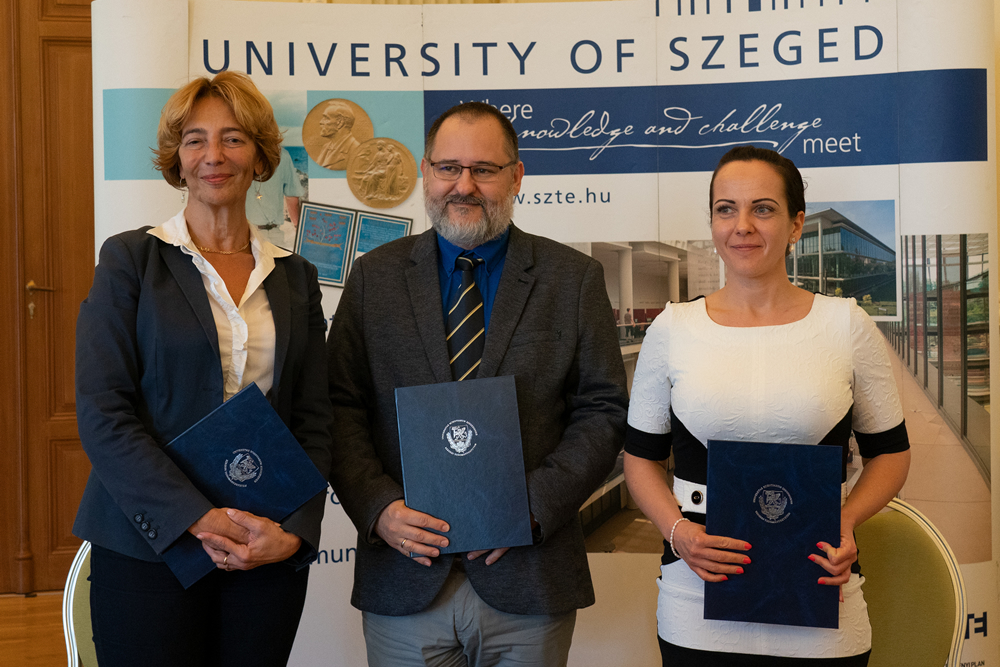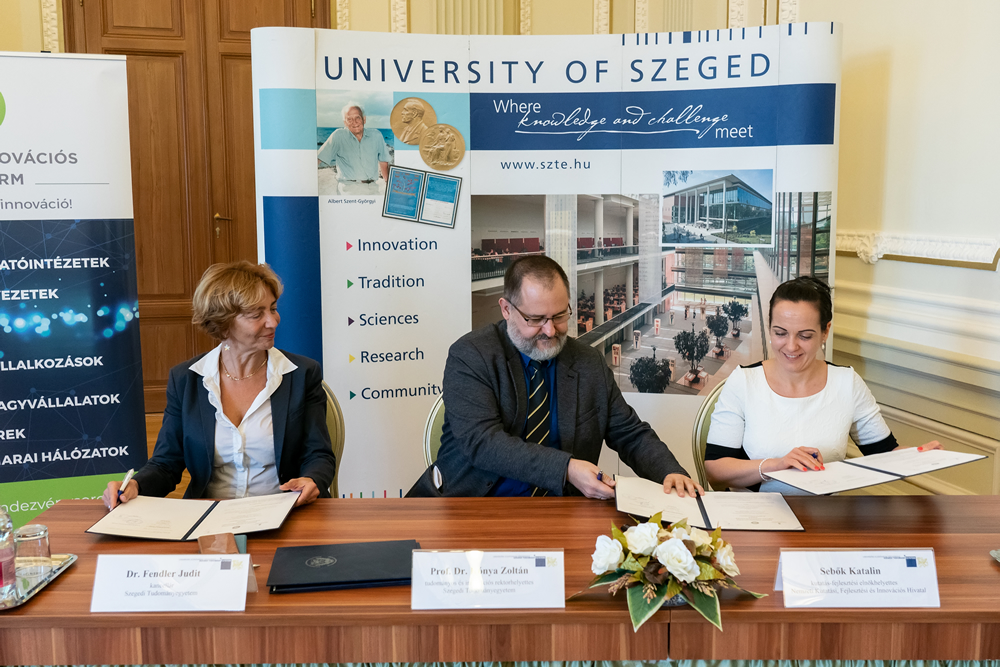Katalin Sebők, Vice President for Research and Development of the National Research, Development and Innovation Office (NRDIO) said in Szeged at the event presenting the initiative that the objective of the institution is to enhance the innovation activities of SMEs, to facilitate the practical implementation of scientific research findings and the exploitation of knowledge capacity. All the elements required to this end are included in the Territorial Innovation Platforms - she added.
The members of the platforms might participate in the preparation of decisions on the directions research activities will take and they might receive first-hand information on policy measures on a permanent basis. The cooperation might enhance the launching of joint projects and participants may have an easier access to the services provided by the universities and research institutes - the Vice President stated.
Judit Fendler, the Chancellor of the University of Szeged (SZTE in Hungarian abbreviation), emphasised that cooperation with businesses in the region and supporting efficient and effective technology transfer is a priority for theor institution of higher education.
The Chancellor also said that for the University cooperation with industry and policy-makers is strategically important as this is the only way to keep up with new needs arising and meet new challenges. The role of SZTE in the region covers not only the South Great Plain, but also Voivodina and the counties in the north-west of Romania.
Besides scientific research and development, we would like to make the activities of the whole University innovative, not only in the area of research, but also in education, the university’s own functioning, IT and finances - the Chancellor said.
Zoltán Kónya, Vice Rector for Science and Innovation emphasised the SZTE is an internationally acclaimed research university with primary focus on material science, pharmacology, information technology and smart systems, translational medicine and laser research.
The 110 doctoral programmes of 19 doctoral schools of SZTE cover all fields of science. The institution is home to 18 research groups supported by the Hungarian Academy of Sciences, seven HSA Momentum (Lendület) research groups and five European Research Council (ERC) research groups - the professor said.







